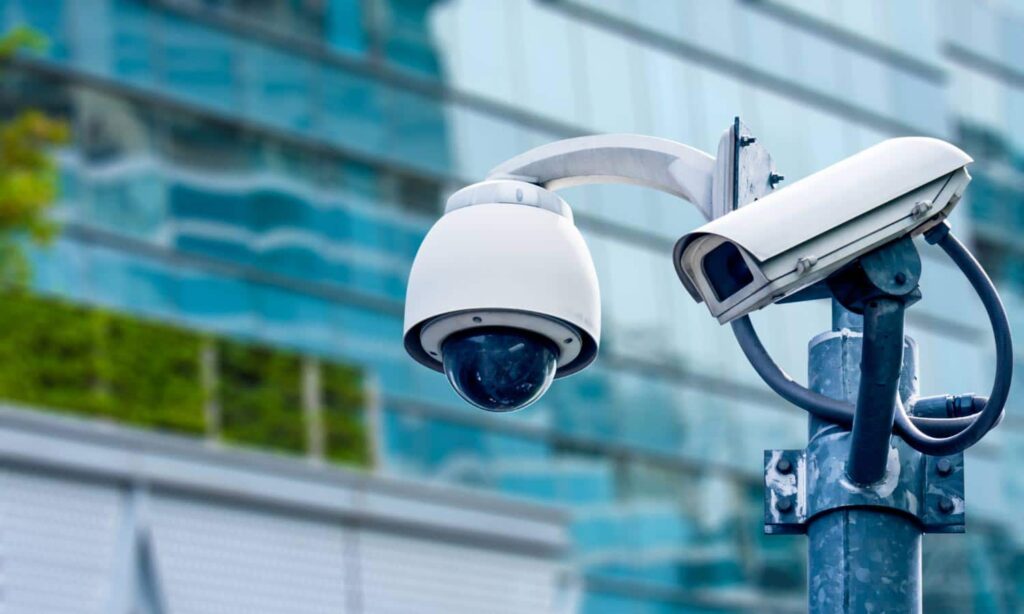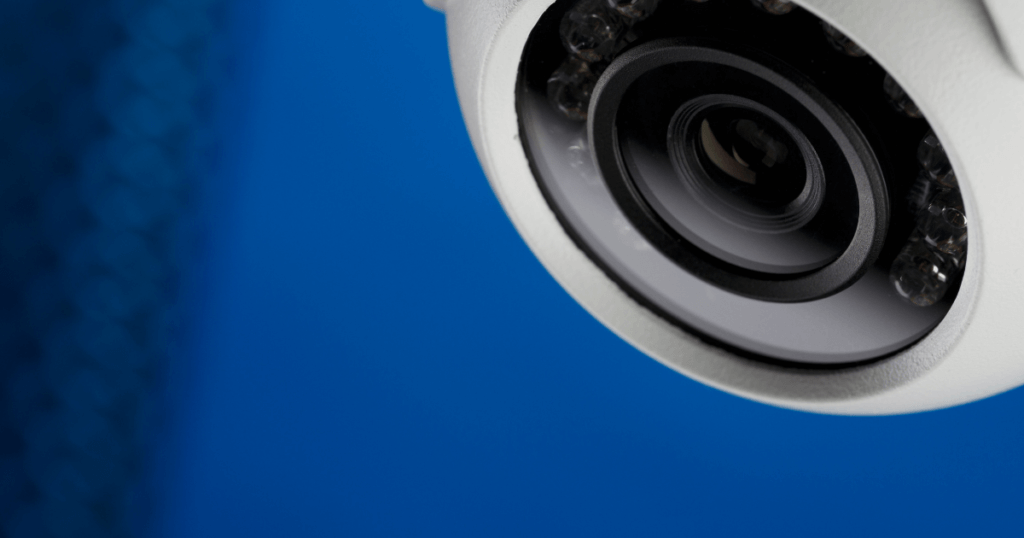Understanding the importance of commercial security for your enterprise
In today’s fast-paced business environment, security cannot be overlooked. As your enterprise grows, the threats to your assets, data, and personnel multiply. Thus, having a robust commercial security strategy is crucial for the success and longevity of your enterprise.
Commercial security plays a foundational role in establishing a safe environment where employees can work effectively, and customers feel secure while engaging with your business. It provides peace of mind to everyone involved, which, in turn, can foster a more productive atmosphere. The psychological impact of a secure workplace cannot be understated; when employees know that their safety is a priority, they are more likely to focus on their tasks and contribute positively to the company’s goals. Furthermore, a secure environment encourages creativity and innovation, as individuals feel empowered to express their ideas without the fear of external threats.
The role of commercial security system in business growth
When businesses invest in commercial security system, they are investing in their reputation and operational continuity. Effective security measures help prevent losses from theft, vandalism, and cyberattacks, which can severely impact profit margins. The financial implications of a security breach can extend beyond immediate losses, often leading to increased insurance premiums and potential fines from regulatory bodies. Therefore, the initial investment in security systems and protocols can save an enterprise from significant costs in the long run.
Moreover, businesses with a strong security posture can serve as a competitive advantage. Clients and partners often favour organisations that demonstrate an understanding and prioritisation of security. This trust can lead to increased opportunities and market share. In an era where consumers are increasingly aware of data privacy and security issues, showcasing a commitment to robust security measures can differentiate a business from its competitors, attracting clients who value integrity and reliability.
Key factors that highlight the need for robust security
- Increasing number of cyber threats targeting businesses of all sizes
- Physical threats such as theft or vandalism, which can lead to significant financial loss
- Legal liabilities resulting from inadequate security measures
- Protecting confidential information that, if breached, could damage your reputation irrevocably
In summary, robust commercial security is not merely an option; it is essential for safeguarding your enterprise’s interests and promoting sustainable growth. The evolving landscape of security threats necessitates a proactive approach, where businesses must continually assess and adapt their security strategies to address new challenges. Regular training for employees on security protocols and awareness can further enhance the effectiveness of these measures, ensuring that everyone within the organisation plays a part in maintaining a secure environment.

Assessing your enterprise’s security needs
The first step towards achieving effective commercial security is to conduct a comprehensive assessment of your enterprise’s unique needs. This involves analysing potential risks and evaluating the measures you currently have in place.
Security is not a one-size-fits-all solution; your assessments should consider your industry, size of the enterprise, and specific vulnerabilities that may exist within your operational framework.
Identifying potential threats and vulnerabilities
Begin by identifying the various threats that your enterprise may face. This could include anything from cyberattacks to physical security breaches. Engage your team in discussions to uncover vulnerabilities you might not have considered.
Additionally, consider seeking an external security audit. Experienced professionals can provide insights you may overlook and offer recommendations tailored to your specific situation.
Evaluating your current security measures
After identifying potential threats, the next step is to evaluate your existing security measures. Conducting a gap analysis can highlight where your current systems fall short and where enhancements are needed.
For example, if your enterprise relies heavily on digital operations, assessing your data protection protocols becomes paramount. On the other hand, if you have a physical retail space, ensuring that your premises are equipped with appropriate surveillance systems will be crucial.
Related: A Beginner’s Guide to Choosing the Best Security Monitoring Solutions
Exploring different types of commercial security solutions
There is a vast array of commercial security solutions available today, ranging from physical deterrents to advanced digital protections. Understanding these options will empower you to choose the best fit for your enterprise.
Physical security measures for your enterprise
Physical security measures can include surveillance cameras, access control systems, and security personnel. These measures deter criminal activity and ensure that your physical assets are safeguarded.
Investing in alarms and scheduled patrols can also protect your business premises. Likewise, implementing security protocols for employee access can significantly minimise risks.
Digital security solutions for modern businesses
As technology advances, so do the methods employed by cybercriminals. Therefore, digital security solutions must be at the forefront of your comprehensive security strategy.
Utilising firewalls, encryption, and regular data backups can protect against cyber threats. Additionally, investing in staff training ensures that your team is well-informed on potential phishing attacks and other cyber threats, which can significantly enhance your enterprise’s overall security posture.

Making the right choice: Factors to consider when selecting a security solution
When exploring security solutions, several critical factors must be taken into account for making an informed choice. Understanding these elements will ensure you select a solution that fits your unique needs.
Balancing cost and effectiveness in security solutions
Cost-effectiveness is paramount when investing in security solutions. While it may be tempting to opt for the cheapest available option, consider whether it provides the level of protection necessary for your enterprise.
Investing wisely in quality security measures can prevent costly losses in the long term. Moreover, ensuring a scalable solution allows your security measures to grow alongside your business.
Considering scalability of security measures
As your enterprise expands, so should your security measures. Choose solutions that can adapt to increased threats and changes in your operational environment. A scalable system can save time and resources in the long run by avoiding frequent replacements.
Technology evolves quickly, and your security measures must keep pace with these developments. Thus, selecting adaptable solutions can consolidate your security strategy over time.
Implementing your chosen commercial security solution
Having selected an apt security solution, the next step is to implement it efficiently. Successful implementation requires careful planning, communication, and commitment from your entire team.
Steps to successful security solution implementation
Begin with a detailed implementation plan that outlines the steps and timelines for placing your security solution into service. Engage your team by communicating the critical importance of these measures to foster a culture of security within your enterprise.
Additionally, conduct regular training sessions to ensure that all employees understand how to utilize new systems effectively. This approach will enhance the overall security posture of your business.
Maintaining and updating your security measures for continued growth
Finally, security is not a once-and-done effort but requires ongoing maintenance and updates. Regularly reviewing your security measures will ensure they remain effective against emerging threats.
Establish a schedule to revisit your security strategy and update it as needed. This proactive approach will safeguard your enterprise as it continues to grow and evolve in a dynamic marketplace.

